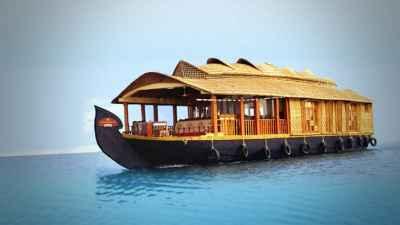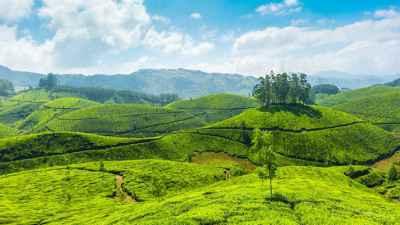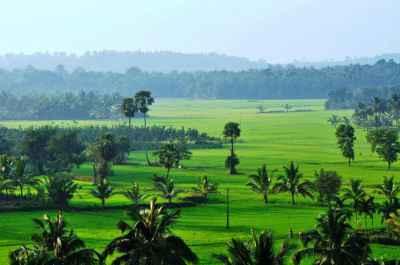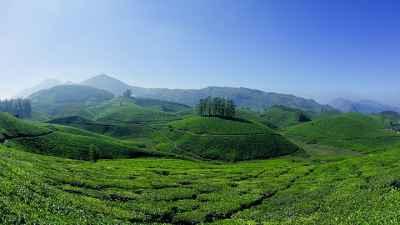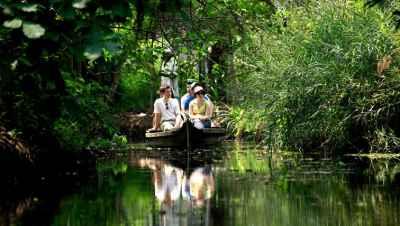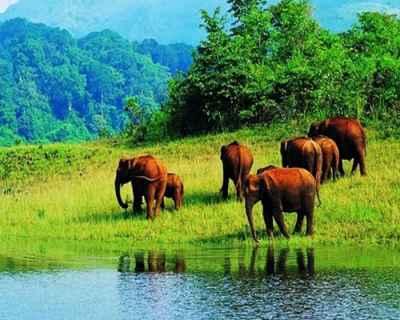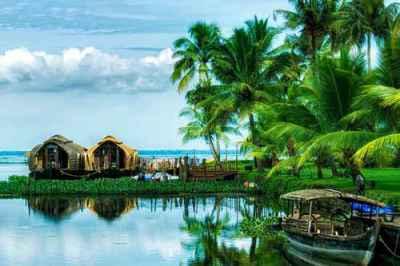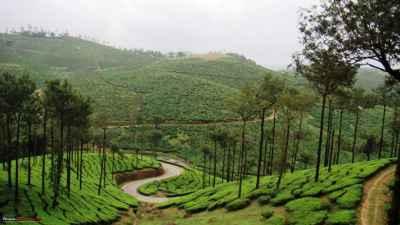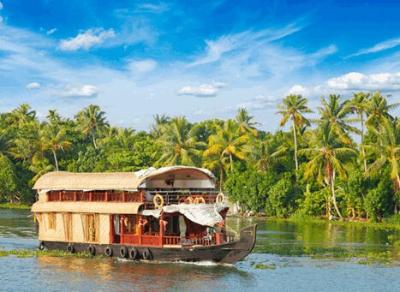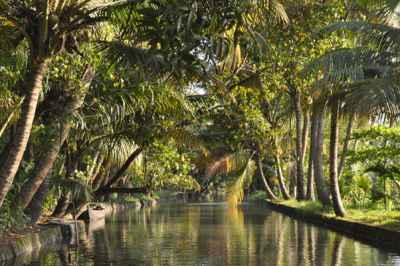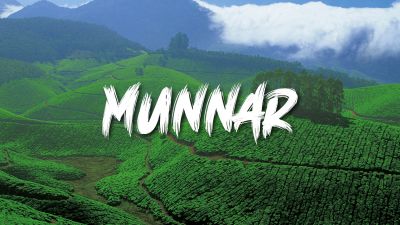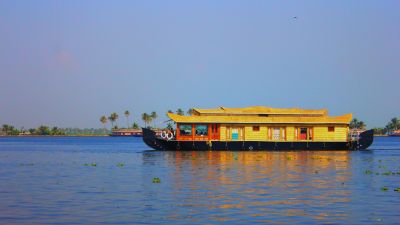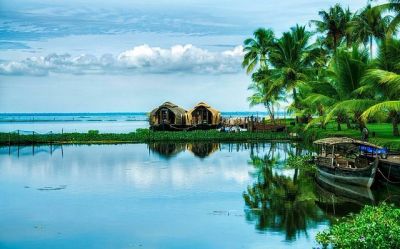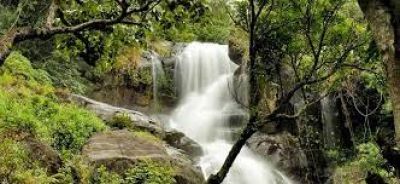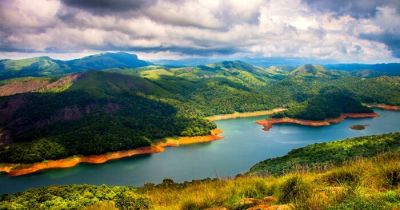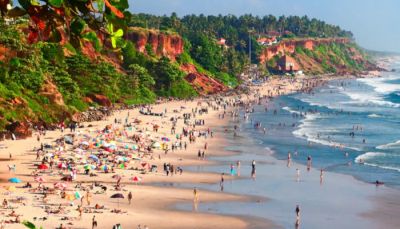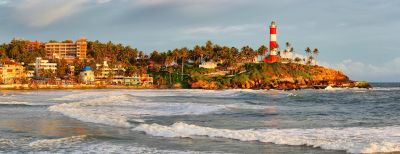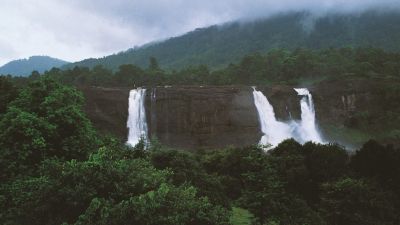The Story of Kerala's Spices: A Historian’s Perspective
Kerala, located in the southern part of India, is often referred to as the land of spices. The lush green landscape of this coastal state is abundantly enriched with a wide variety of spices, making it a haven for spice lovers. But have you ever wondered how Kerala became synonymous with spice trade? Let's take a journey back in time and explore the fascinating story of Kerala's spices from a historian's perspective.
The Historical Significance of Spices
Spices have played a significant role in human civilization for thousands of years. They were not merely used for enhancing the taste of food but also for their medicinal properties and as a sign of luxury. These valuable commodities were in high demand in ancient times and were considered as precious as gold.
It was during the ancient Roman and Egyptian eras that the spice trade began to flourish. The Arab traders were the main facilitators of this trade, with Kerala serving as a major hub for spice exports.
Kerala: The Spice Garden of India
Located on the southwestern coast of India, Kerala's tropical climate, fertile soil, and abundant rainfall create the perfect conditions for growing a wide variety of spices. The state is blessed with an array of spices such as black pepper, cardamom, cinnamon, cloves, nutmeg, and star anise.
Historically, Kerala's spice trade dates back to around 3000 BCE when it established maritime trade links with various civilizations across the world. Phoenicians, Egyptians, Greeks, Romans, Arabs, and Chinese were regular traders who visited the Malabar Coast to procure these precious spices.
The arrival of Vasco da Gama, the Portuguese explorer, in 1498 marked a turning point in Kerala's spice trade. The Portuguese were the first Europeans to discover the sea route to India, and they began monopolizing the spice trade by establishing forts and trading posts along the Malabar Coast. This led to a period of intense competition between European powers like the Dutch, English, and French for control over the spice trade.
The Influence of Spices on Kerala's Culture
Kerala's cuisine is deeply intertwined with its spice heritage. The traditional dishes of Kerala, such as fish curry, biryani, and avial, are known for their rich flavors and aromatic spices. The unique combination of spices used in these dishes is what sets Kerala cuisine apart from the rest of India.
Furthermore, spices have also played a significant role in Ayurveda, the ancient Indian system of medicine. Kerala is renowned for its Ayurvedic treatments and wellness centers, where various herbal medicines and therapies are based on the usage of spices and herbs. The healing properties of these spices have been recognized and utilized for centuries.
Spice Plantations in Kerala
If you want to experience the enchanting world of spices, a visit to the spice plantations in Kerala is a must. There are several plantations spread across the state that offer guided tours, where you can learn about the cultivation, processing, and uses of different spices.
One such popular plantation is the 'Thattekad Spices' located near Kochi. Here you can explore a vast variety of spices and witness how they are grown in a sustainable and eco-friendly manner. The tour also includes demonstrations of spice grinding and extraction techniques.
Another famous plantation is the 'Munnar Spices' situated in the picturesque town of Munnar. This plantation offers an opportunity to walk through the spice gardens and learn about the various spices while enjoying the serene beauty of the surrounding tea estates.
Conclusion
Kerala's spices have a rich history that continues to shape the culture and economy of the state. The spice trade not only brought prosperity to the region but also attracted travelers from far and wide because of its exotic offerings. Today, Kerala stands as a testament to the legacy of spice trade, with its delicious cuisine, ancient Ayurvedic practices, and thriving spice plantations. It is truly the land of spices, and a visit to Kerala offers a glimpse into this fascinating history that will tantalize your senses and nourish your soul.
So, if you're planning your next travel adventure, why not explore the incredible world of Kerala's spices? Share this blog post with your fellow travel enthusiasts and let them know about the hidden gem that Kerala is!
Disclaimer : The information provided in this blog is for general informational purposes only. While we strive to keep the content accurate and updated, TravelSetu assumes no liability for errors or omissions. If you believe any part of this blog infringes your rights or causes concern, please notify us immediately at info[at]travelsetu[dot]com so that appropriate action can be taken.
